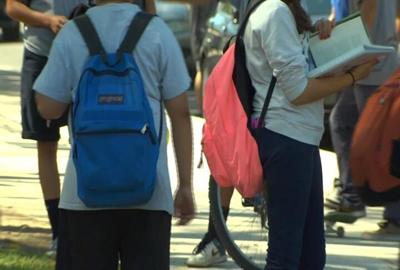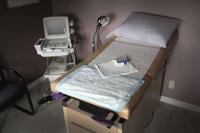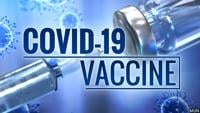CHICAGO � May is Foster Parent Appreciation Month, a time to honor a celebrate thousands of foster families across the state to provide temporary safe havens of vulnerable children.
When local courts determine that families cannot safely care for children, the Illinois Department of Children and Family Services (DCFS) steps in.
The agency works with the family to make the positive changes necessary to reunite with their children.
Meanwhile, foster families provide homes for the children and a protective, loving environment.
DCFS reports that there are just under 21,000 children living in foster care in Illinois: 8,600 are with foster families, 11,300 with relatives and 600 in a group home or institution.
“Children placed in our care, like all children, need a stable home and strong connections to their school, friends, siblings and other family members to thrive,� said Illinois DCFS Director Marc D. Smith.
“Foster families provide all of this and more. I thank every foster parent for their commitment to keeping children safe in loving homes during a time when children need them the most.�
May is also a time to encourage more Illinoisians to become licensed foster families.
Foster homes continue to be needed for sibling groups, adolescents, African American and Latino children, children with special needs, teenage mothers and their babies and LGBTQI+ (lesbian, gay, bisexual, transgender, queer and/or questioning, intersex) individuals.
Making the decision to become a foster parent is a serious one. The licensing process can take up to six months.
DCFS requires many parameters for foster families and individuals:
- Participate in a social assessment and home inspection.
- Complete a training on foster care and the needs of children who are in foster care.
- Complete a criminal background check of all household members.
- Be financially stable.
- Complete a health screening.
Foster families and individuals that meet those conditions become part of a team network along with DCFS, private agencies, birth families, counselors, physicians, and the courts all working towards one common goal: to reunite children with their families whenever possible.
There are many different types of foster care, including traditional care, emergency/shelter care, medical/therapeutic care, relative/kinship care, respite/short-term care and tribal care.
To learn more about becoming a licensed foster parent, fill out the online interest form on the DCFS website:
To learn more about some of the children in need of a foster family, visit the Heart Gallery of Illinois at:














